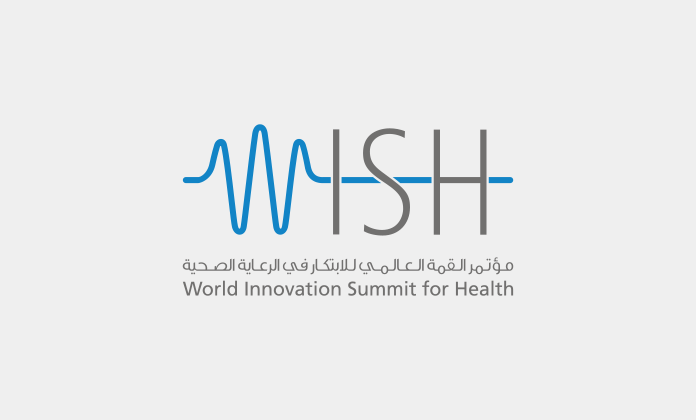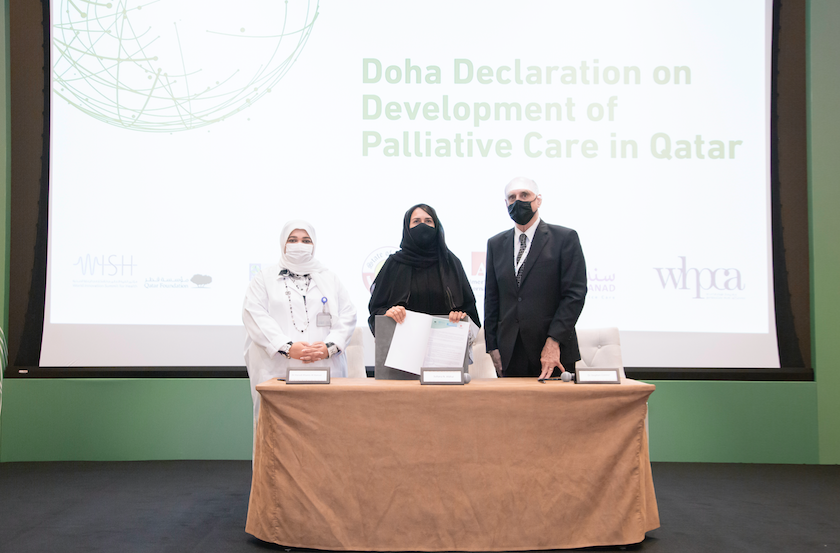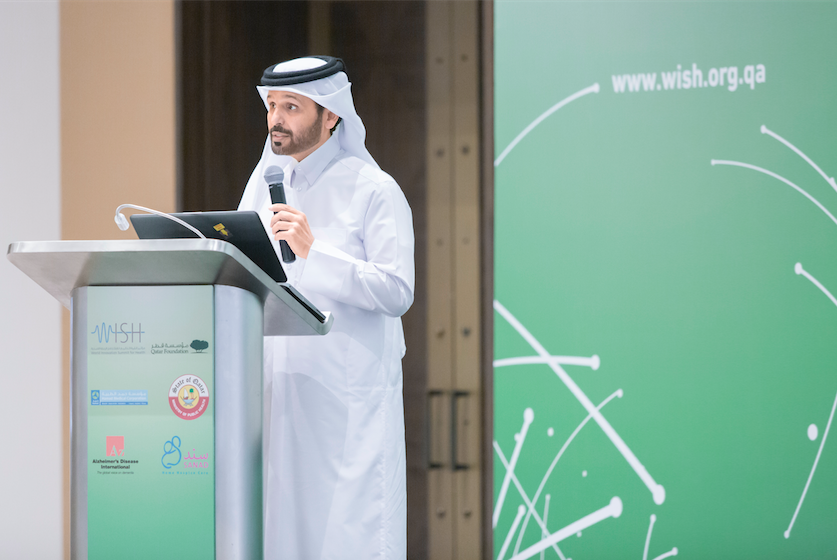WISH 2013 delegates demand increased healthcare provider accountability

DOHA, QATAR: A fundamental shift in the way we provide and pay for care, in order to encourage innovation, improve efficiency and save costs will be proposed at The World Innovation Summit for Health (WISH) today.
Ageing populations, advancing technologies and rising expectations are opening up a growing chasm between what we need to do and what we can afford to do. And a new report published today on accountable care will say that at the same time wide variations in the quality of care persist, with little relation to the cost. Big differences can be seen within the same country, the same region and even the same city.
Mark McClellan, director of healthcare innovation at the Brookings Institution, and chair of the Accountable Care forum, told the audience at the World Innovation Summit for Health in Qatar: “In a wide range of health systems there is no support for interventions that may make the biggest difference to the health of patients.”
The report says that most care is paid for based on how much is done – operations carried out or treatments delivered. It recommends a switch to payments based on outcomes – did the patient get better?
Dr Pradeep Philip, secretary of the Department of Health, Victoria, Australia, said: “This helps us move from a focus on illness to wellbeing. It forces us to focus on the patient and to consider value and what we want to buy.”
In an example cited in the report, Singapore has since 2008 pioneered a home care programme for the terminally ill and a “community medical home” for those with chronic conditions which has cut readmissions by 40 per cent, saved $11 million and halved A&E attendances. Outcomes have improved while the quantity of “treatment” delivered has reduced.
Dr Jason Cheah, chief executive of the Agency for Integrated Care, Singapore, said: “A key issue is leadership – to shake up the system.”
Accountable Healthcare is one of eight areas being discussed at the Summit taking place in Doha, Qatar on 10 and 11 December, where world leading experts will join an influential cast of heads of state, government ministers, academics, clinicians, policy makers and business leaders to discuss innovative solutions to some of the most pressing global health challenges. As well as Accountable Healthcare, there will be reports on Antimicrobial Resistance, Big Data and Healthcare, End of Life Care, Mental Health, Obesity, Patient Engagement and Road Traffic Injuries.
The Right Honourable Professor the Lord Darzi of Denham, Executive Chair of WISH and Director of the Institute of Global Health Innovation at Imperial College London added, “Better health, better care, and lower costs matter to patients and populations. Our report and discussions at the Forum have examined how policy makers can adopt and undertake steps right away to put accountable healthcare into practice.”
WISH opened today in Doha and is under the patronage of Her Highness Sheikha Moza bint Nasser, Chairperson of Qatar Foundation for Education, Science and Community Development. WISH supports the aims and ambitions of Qatar Foundation and reinforces Qatar’s pioneering role as an emerging center for medical innovation.
ENDS
Notes to editors:
1. Accountable Health Care Report Summary
Finding highlights
Delivering accountable care for a population involves five key components:
- A specified population for which providers are jointly accountable
- Target outcomes for the population – outcomes that matter to individuals
- Metrics and learning, to monitor performance on outcomes and to learn from variation
- Payments and incentives aligned with the target outcomes
- Co-ordinated delivery, across a range of providers, of the care necessary for achieving the desired outcomes
Example case studies
The report includes five detailed examples of population-based accountable care:
- Agency for Integrated Care (Singapore): better care at lower cost for an elderly population.
- Geisinger Health System (US): better care at lower cost for a diabetic population.
- Ribera Salud (Spain): better care at lower cost for a regional population.
- NW London Integrated Care Pilot (UK): better care at fixed cost for an elderly population.
- ThedaCare (US): better care at lower cost for a payer-specific population.
Recommendations for policy-makers
The report details four key actions policy-makers can take to achieve more accountable care:
- Take a broader perspective than illness.
- Start to pay for outcomes.
- Create a favorable environment for organizations to collaborate.
- Encourage inter-operable data systems.
2. About Dr. Mark McClellan
Dr. McClellan is the Senior Fellow Economic Studies Director, Healthcare Innovation and Value Initiative at the Brookings Institution.
A doctor and economist by training, Mark McClellan has a highly distinguished record in public service and academic research. He is a former administrator of the Centers for Medicare & Medicaid Services (CMS) and former commissioner of the Food and Drug Administration (FDA). He also served as a member of the President’s Council of Economic Advisers and senior director for healthcare policy at the White House. In these positions, he developed and implemented major reforms in health policy.
3. About WISH
The inaugural World Innovation Summit for Health (WISH), due to be held in Doha, Qatar on 10-11 December 2013, will bring together heads of state, ministers, senior government officials, academics and thinkers, as well as the most influential business leaders, to stimulate implementation of practical, sustainable and innovative solutions to tackle global health challenges.
The purpose of WISH is to encourage collaboration and innovation in health policy, health systems and health care delivery, in order to close the gap between what we know and what we do in the fields of healthcare and medicine.
WISH is aligned with the mission and vision of Qatar Foundation and Qatar National Vision 2030, and serves to highlight Qatar’s growing role as an emerging center for healthcare innovation. As the nation stands at the forefront of healthcare reform, Qatar Foundation has embarked upon several promising research-health initiatives, including partnerships with Weill-Cornell Medical College, Biobank Qatar, Qatar Robotic Surgery Centre Qatar Cardiovascular Research Centre, Virgin Health Bank, and Sidra Medical and Research Center.
For more information on WISH, please visit: http://www.wish-qatar.org/
4. Qatar Foundation – Unlocking Human Potential
Qatar Foundation for Education, Science and Community Development is a private, non-profit organisation that is supporting Qatar on its journey from carbon economy to knowledge economy by unlocking human potential for the benefit of not only Qatar, but the world. Founded in 1995 by His Highness Sheikh Hamad Bin Khalifa Al Thani, Amir of Qatar, QF is chaired by Her Highness Sheikha Moza bint Nasser.
QF carries out its mission through three strategic pillars: education, science and research, and community development. QF’s education pillar brings world-class universities to Qatar to help create an education sector in which young people can develop the attitudes and skills required for a knowledge economy. Meanwhile, its science and research pillar builds Qatar’s innovation and technology capacity by developing and commercialising solutions through key sciences. Finally, its community development pillar helps foster a progressive society while also enhancing cultural life, protecting Qatar’s heritage and addressing immediate social needs in the community.
For a complete list of QF’s initiatives and projects, visit http://www.qf.org.qa
For more information about Qatar Foundation please contact our press office at: pressoffice@qf.org.qa



